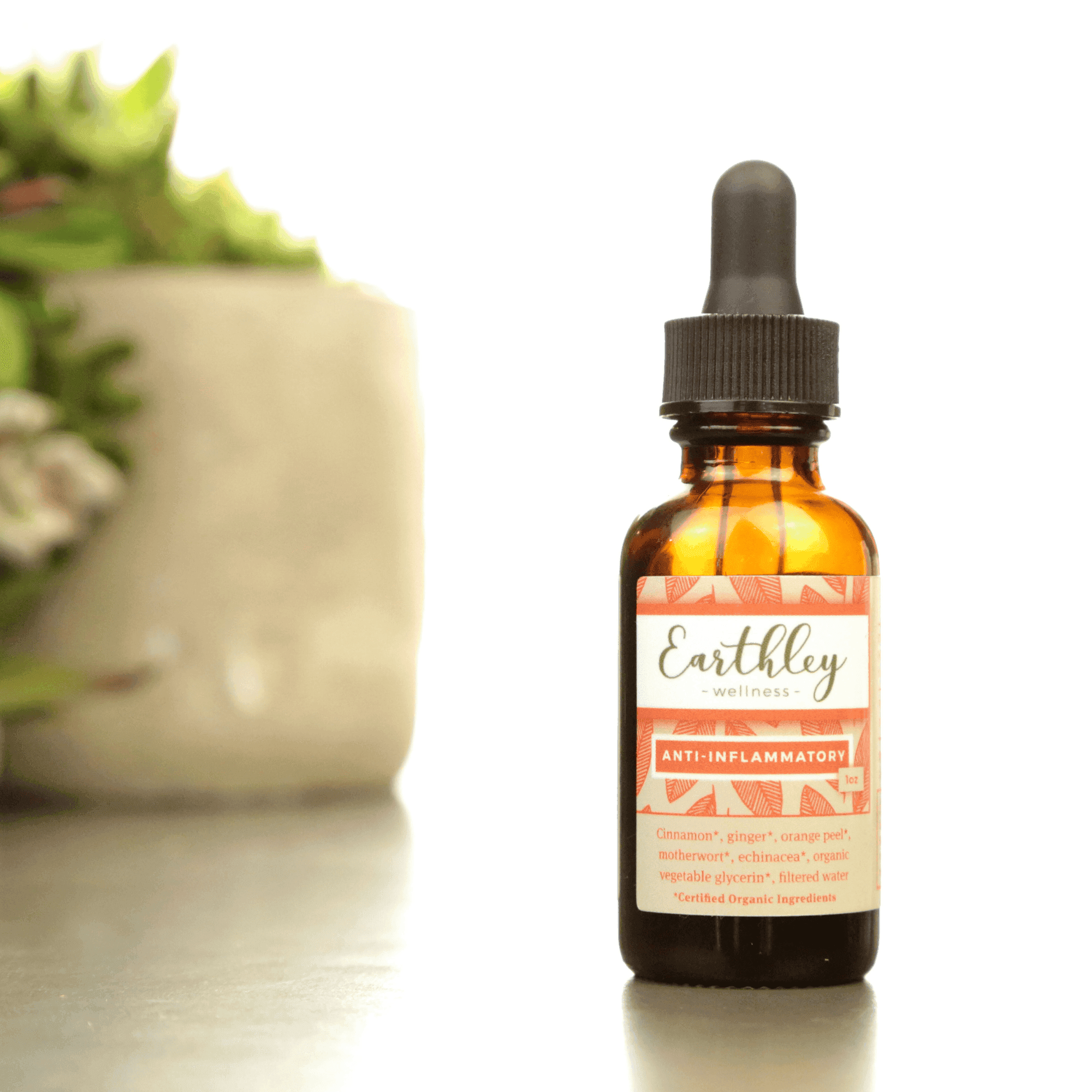Mainstream’s Vs. Herbalist’s Take on Elderberry
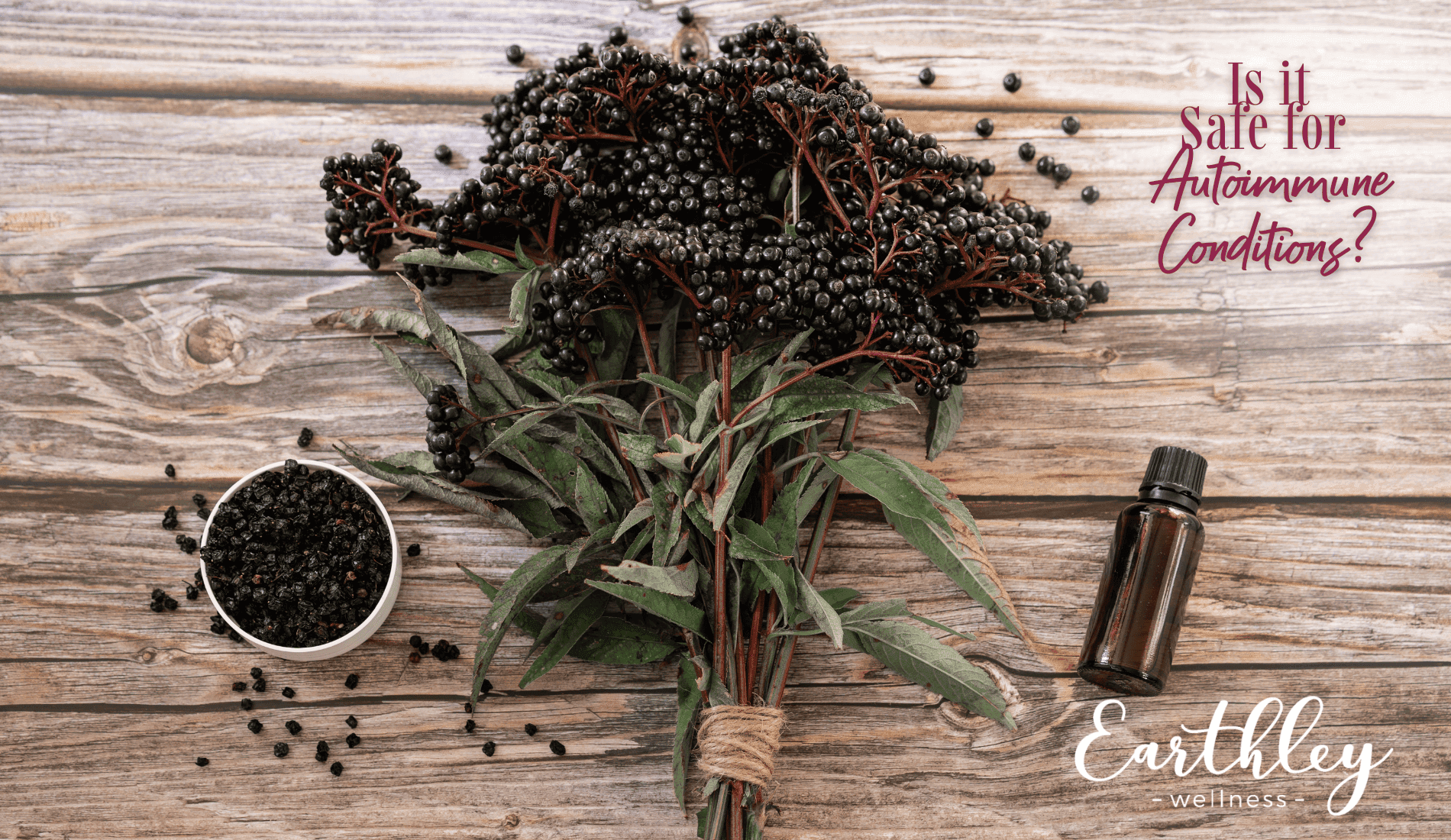
Herbs like elderberry are nature’s way of saying, “I’ve got your back!” -- packed with benefits that have been trusted for centuries. Elderberry alone can help support the immune system, soothe inflammation, and brighten up your pantry with its deep purple goodness.
Yet, despite their time-tested reputation, herbs often get a side-eye from the mainstream. Why? Well, you can’t slap a patent on elderberry or monopolize its sale, and that makes it tricky for big industries to profit. So why would they want to invest their time into promoting herbs or their benefits?
Herbs don’t belong to anyone; they’re freely offered by nature, which means their promotion doesn’t come with billion-dollar marketing campaigns or guarantee to one company that profits go to them. But let’s be real – just because herbs like elderberry don’t come in little bottles or a lab doesn’t mean they’re not effective! Even if the mainstream isn’t ready to embrace their wild and wonderful ways, they offer great benefits when you know how to use them!
Debunking Elderberry Myths
Now, let’s tackle a few elderberry myths. For starters, it is important to note that most recommendations to avoid an herb in a specific situation are because it has not been studied enough in mainstream accepted sources.
#1 Myth: Elderberries are poisonous and will kill you.
Truth: Raw elderberries should not be eaten. Cooked elderberries are very safe!
Raw or unripe elderberries, as well as their leaves, contain compounds that can produce cyanide causing nausea, vomiting, and diarrhea if many are eaten. Raw elderberries are not sweet and usually are not eaten in large amounts because of this. Cooking (or heat drying) neutralizes these toxins, making the berries perfectly safe to eat. Stick to cooked elderberries, and you’ll be fine (1)!
Myths #2 and #3 kind of go together: Elderberry will cause a cytokine storm, and elderberry makes autoimmune conditions worse.
Truth: It hasn't caused a cytokine storm, and some people it will help and some it may not. There is no one-size-fits-all with herbs.
Ah, the infamous cytokine storm debate. Elderberry has been used for over 4,000 years without a single confirmed case of a cytokine storm. Quite the opposite—other studies suggest elderberry has inflammation-balancing effects, helping to regulate immune responses rather than throwing them into chaos (2,3).
It all started with a 2001 study where elderberry was shown to boost pro-inflammatory cytokine production in healthy individuals. But here’s the kicker: this isn’t inherently bad. Pro-inflammatory cytokines are part of a healthy immune response -- they help your body fight off illness. The study didn’t suggest elderberry was dangerous or that it caused a cytokine storm (4).
The mainstream warns that taking elderberry with an autoimmune disease may cause the immune system to become more active. This could increase the symptoms of autoimmune diseases. If you have an autoimmune condition, the mainstream says avoiding elderberry is best (5).
Trusted herbalist Richard Whelan says if you’re taking medications to suppress your immune system, you should use elderberry with caution since it is known to have immune system-enhancing effects. These effects are also why people with autoimmune diseases should proceed cautiously. If you have an autoimmune condition, be on the lookout for flares in your condition if you are trialing the use of elderberries, and stop immediately if your condition worsens (6).
Immune Properties and Cytokine Storms
Elderberry (Sambucus nigra) is known to “stimulate” the immune system by increasing the production of pro-inflammatory cytokines. These cytokines are part of a healthy immune response. However, in autoimmune diseases, the immune system is already overactive, attacking the body's own tissues. The concern is that elderberry's immune-stimulating effects could theoretically exacerbate this overactivity, potentially worsening autoimmune symptoms.
However, elderberry is also described as an immune-modulating herb.
This means it may help balance immune responses rather than overstimulating them (7). Some studies have suggested elderberry has anti-inflammatory effects alongside its immune-stimulating properties, which could benefit individuals with autoimmune diseases that involve excessive inflammation.
For example, elderberry flavonoids and antioxidants may reduce oxidative stress, which can play a role in autoimmune flare-ups (8). Flavonoids, such as quercetin and anthocyanins (found in elderberry), support the body's natural antioxidant defenses, like glutathione and superoxide dismutase. By neutralizing and lowering oxidative stress, flavonoids protect tissues from damage and may help break the cycle of inflammation that worsens autoimmune flares.
Mainstream View: The 2001 In Vitro Study
One frequently cited piece of evidence is a 2001 study in which elderberry extract was shown to increase cytokine production in healthy human cells in vitro (outside the body, in a lab). However, this study:
- Was conducted on isolated cells, not in whole living humans with whole active processes.
- Did not examine individuals with autoimmune conditions.
- Concluded that elderberry might be beneficial for activating immune defenses, not that it causes harm.
Herbalists’ Perspective
Herbalists point out that elderberry is not inherently harmful to individuals with autoimmune conditions when used thoughtfully. They emphasize some with autoimmune diseases tolerate elderberry well, while others may experience flares. Moderation and monitoring are important for those with autoimmune issues, using elderberry in low doses and observing the body’s response is key.
It is also best to start it when one is not experiencing a flare-up or illness. That allows the body to see how it can help without the added stimulation and distraction.
The Takeaway
The fear that elderberry exacerbates autoimmune issues is largely based on theoretical on-paper mechanics and isolated lab testing, not direct real-life evidence. That said, caution is always warranted when introducing a new herb, particularly for those with autoimmune conditions, as individual responses can vary. If there’s any doubt, it’s always wise to consult a trusted healthcare provider or herbalist for personalized advice.
Elderberry is a powerhouse herb, but like any tool, it should be used wisely. For those with autoimmune conditions or on immune-suppressing medications, it’s worth proceeding with care. If you want to try it, then monitor how your body responds, and if elderberry isn’t a good fit, don’t force it.
At the end of the day, herbs like elderberry can be great allies. With the right knowledge, they can be part of a well-rounded approach to good overall health.
Sources:
1 https://www.mskcc.org/cancer-care/integrative-medicine/herbs/elderberry-01
2 https://www.sciencedirect.com/science/article/abs/pii/S0944711315003700?via%3Dihub
3 https://www.ncbi.nlm.nih.gov/pmc/articles/PMC5372600/
4 https://pubmed.ncbi.nlm.nih.gov/11399518/
5 https://www.webmd.com/vitamins/ai/ingredientmono-434/elderberry
6 https://www.rjwhelan.co.nz/herbs%20A-Z/elder.html
7 https://pubmed.ncbi.nlm.nih.gov/36518861/
8 https://pmc.ncbi.nlm.nih.gov/articles/PMC9532789/
Check out these products!
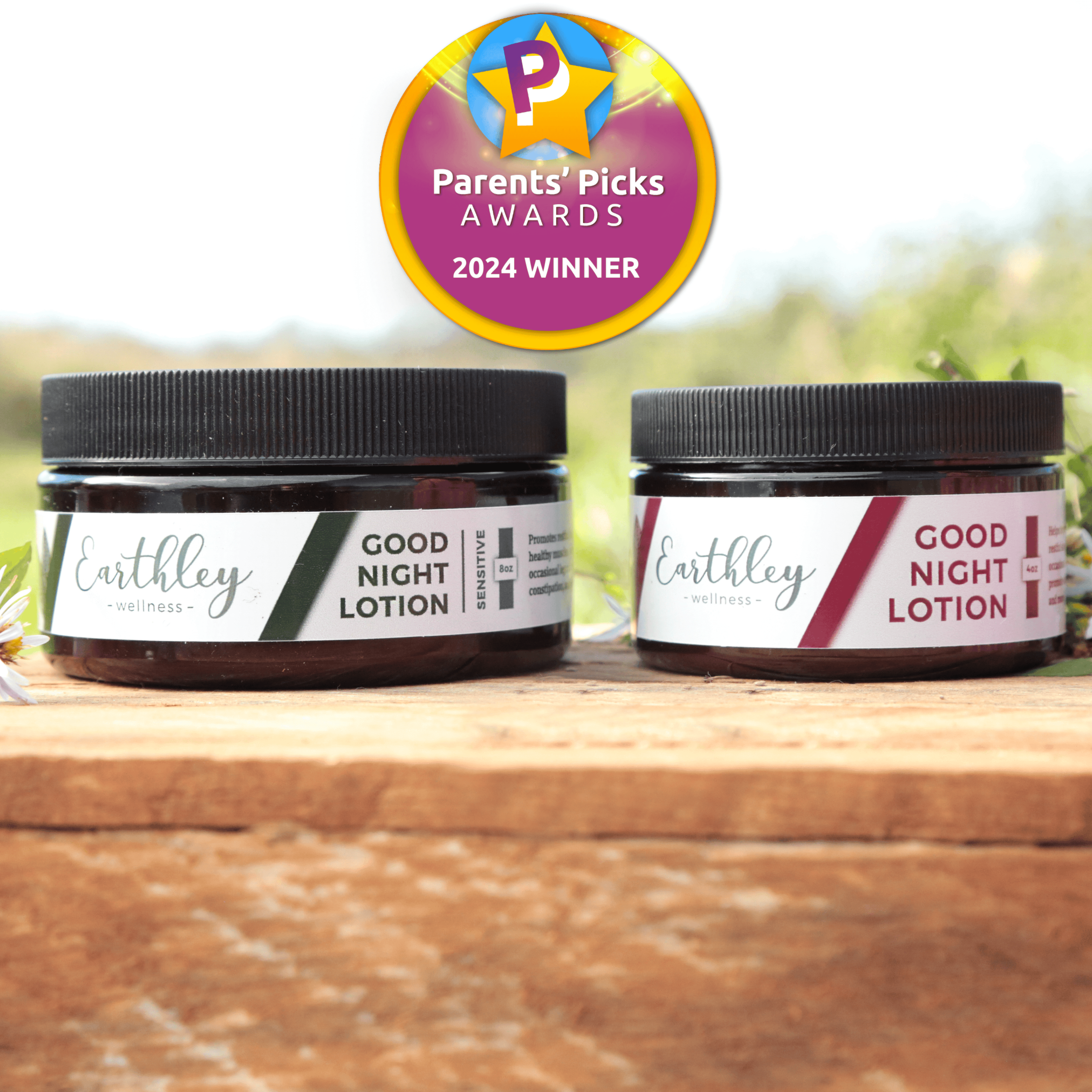
For healthy sleep and magnesium (NEW! Moonlight Bloom scent)
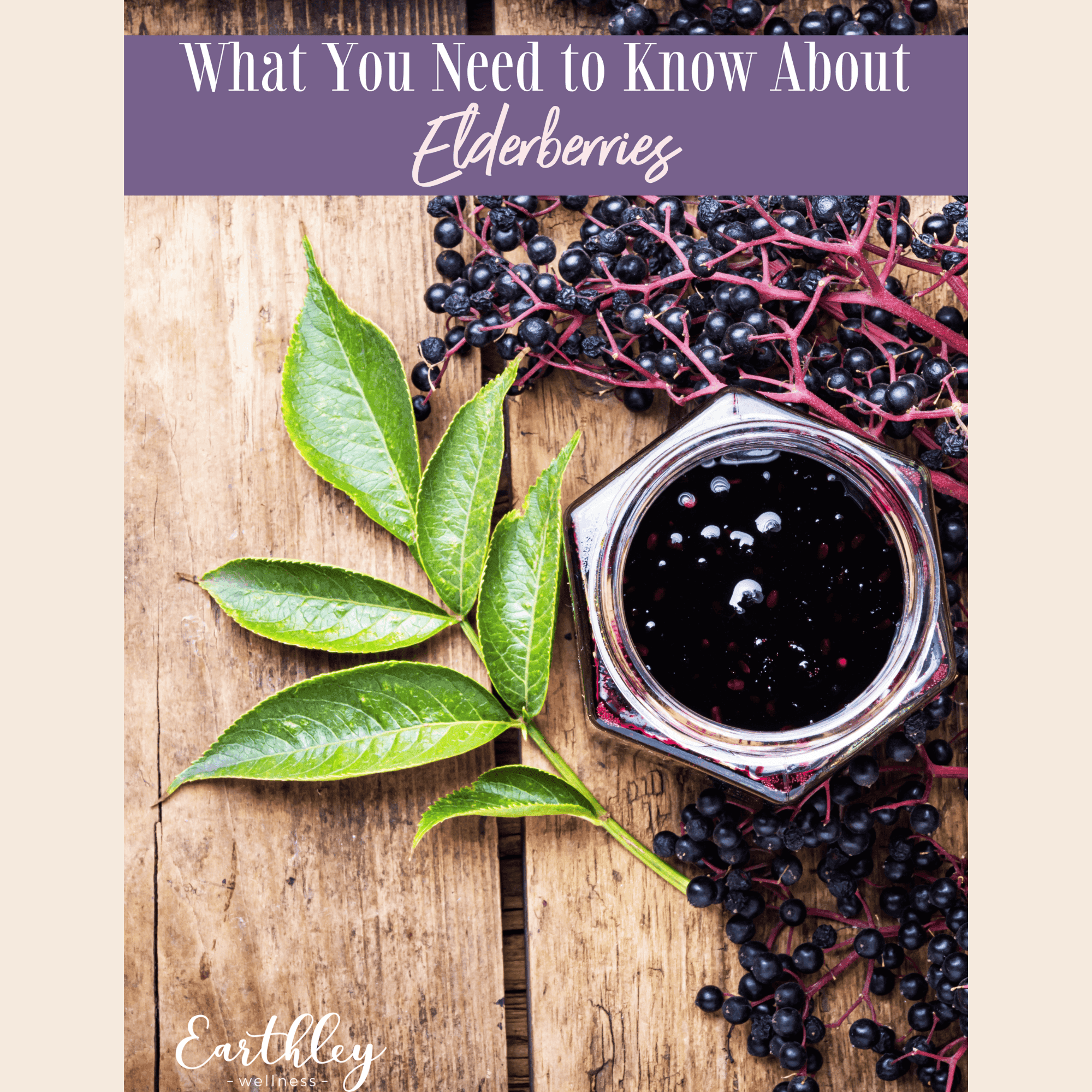
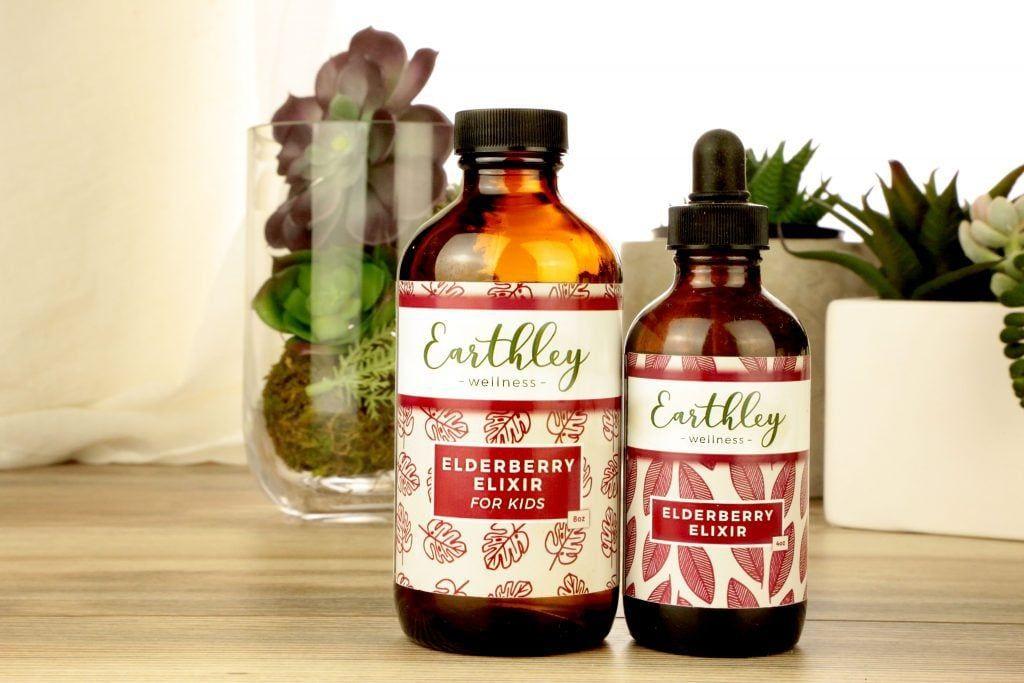
For general immune support and cold symptoms
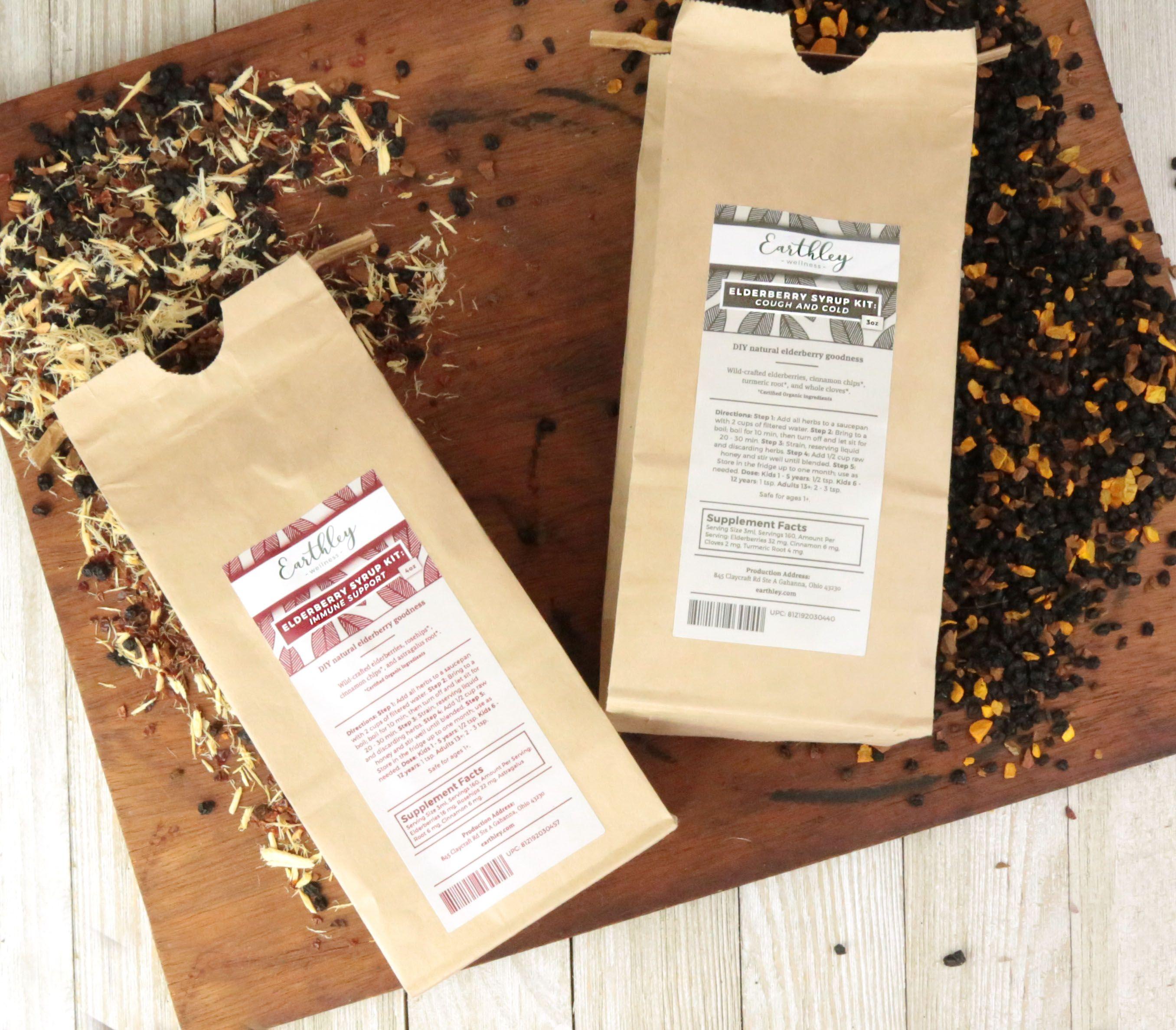
DIY natural elderberry goodness
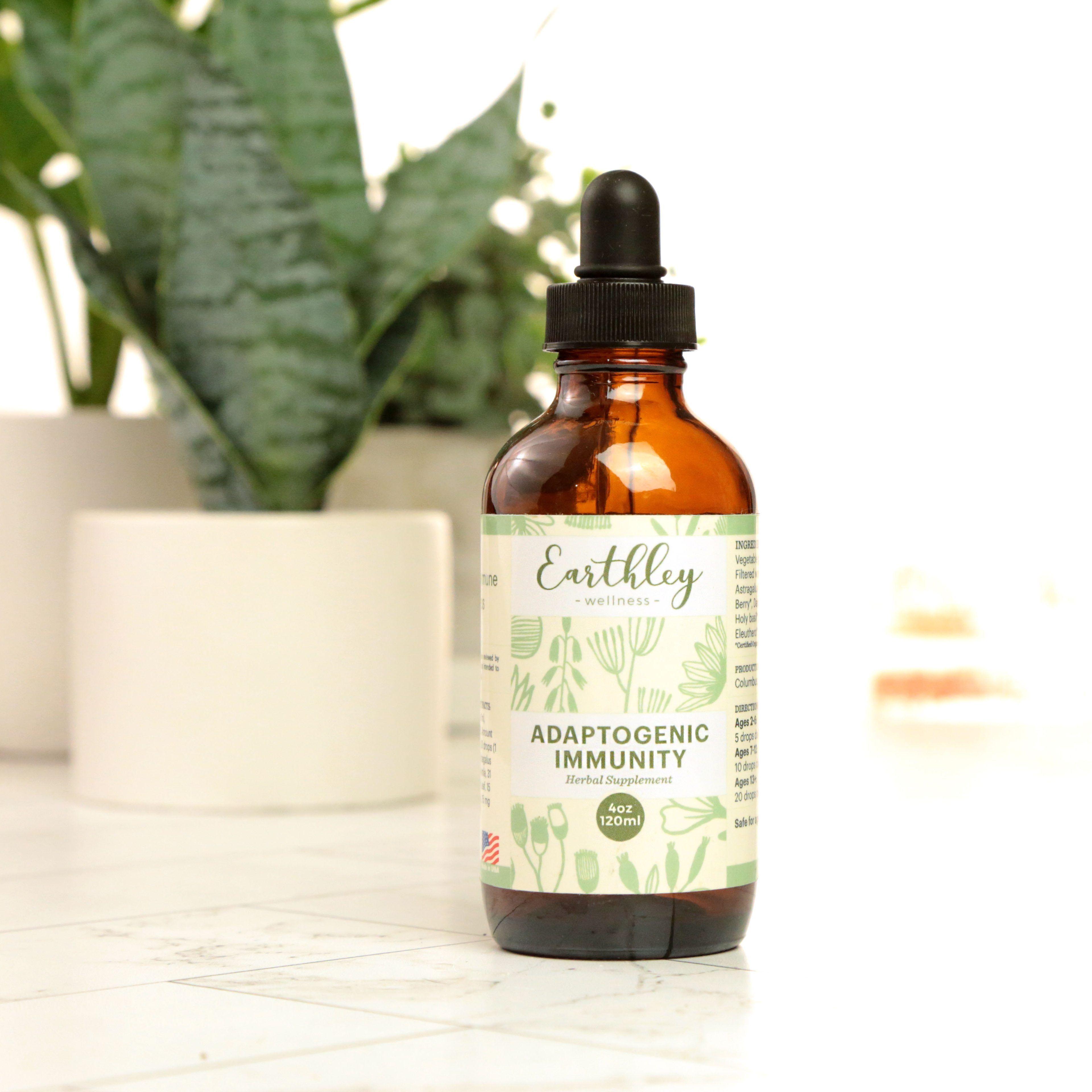
For daily stress and immune support
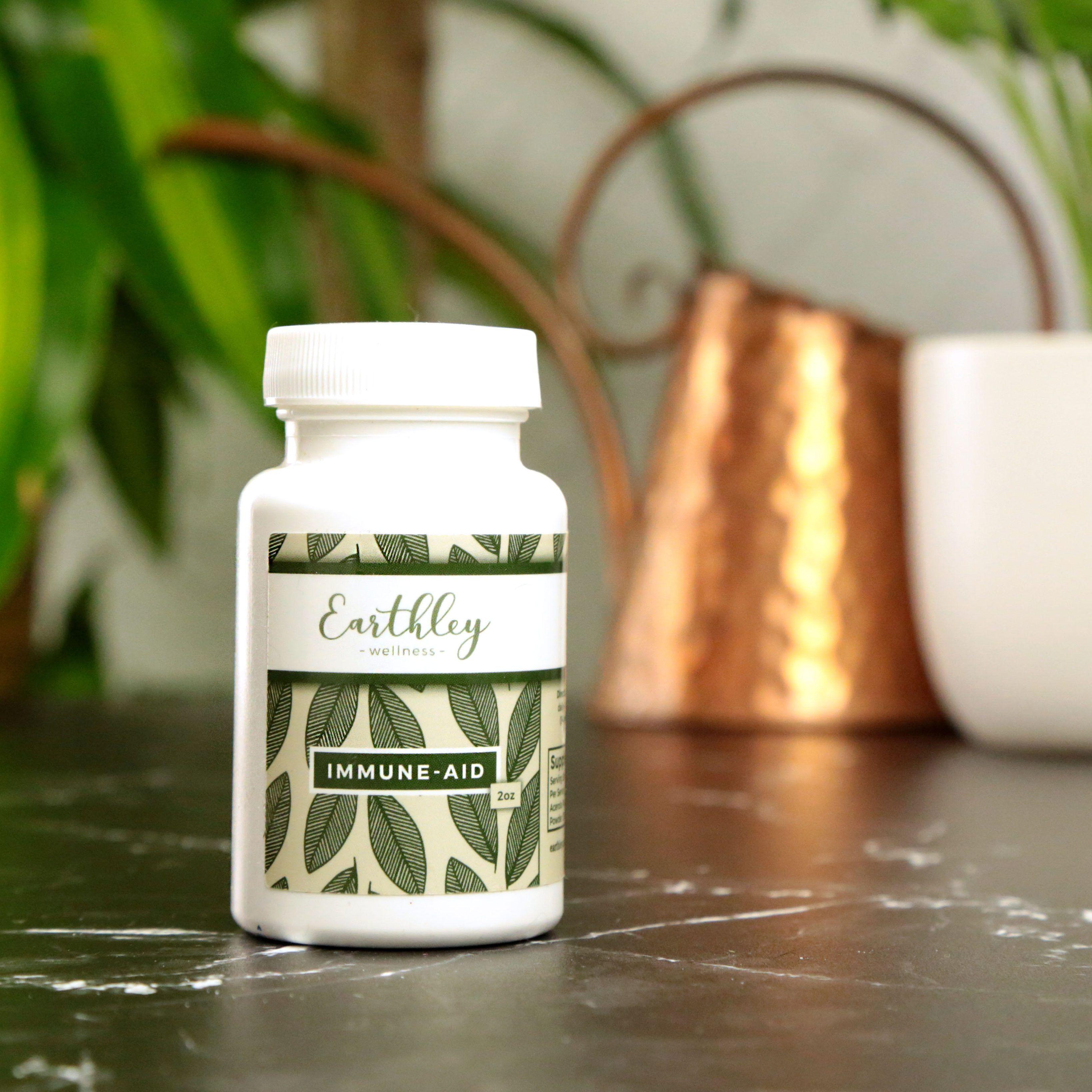
A super food vitamin C source

A rich natural source of vitamins A and D and omega-3 fatty acids that support immune, brain, and gut health
